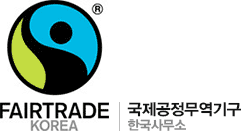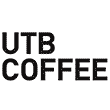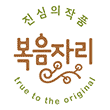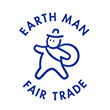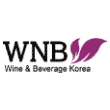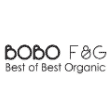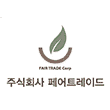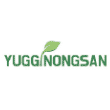About Fairtrade
where to buy
- You are here :
- Home
- About Fairtrade
- Fairtrade International Standards and Principles
Fairtrade International Standards and Principles
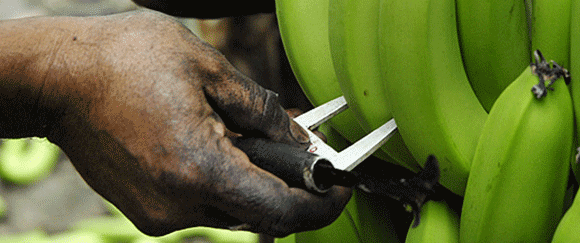
What are Fairtrade Standards?
Fairtrade Standards are designed to support the sustainable development of small producer organizations and agricultural workers in the poorest countries in the world.
Key objectives
The key objectives of the standards are to:
- ensure that producers receive prices that cover their average costs of sustainable production;
- provide an additional Fairtrade Premium which can be invested in projects that enhance social, economic and environmental development;
- enable pre-financing for producers who require it;
- facilitate long-term trading partnerships and enable greater producer control over the trading process;
- set clear core and development criteria to ensure that the conditions of production and trade of all Fairtrade certified products are socially, economically fair and environmentally responsible.
Core requirements and development requirements
Fairtrade standards distinguish between core requirements, which producers must meet to be certified, and development requirements that encourage producers to continuously improve and to invest in the development of their organizations and their workers. This concept is developed for the target group of Fairtrade; disadvantaged producers and workers. It encourages sustainable, social, economic and environmental development of producers and their organizations.
Learn more about Fairtrade Standards here
Common principles
The following common principles are considered in all Fairtrade standards applicable to small-scale producers and workers and their organizations:
1) Social development:
For small-scale producers Fairtrade standards require an organizational structure that allows the producers to actually bring a product to the market. All members of the organization need to have access to democratic decision-making processes and as far as possible participate in the activities of the organization. The organization needs to be set up in a transparent way for its members and must not discriminate any particular member or social group.
In hired labour situations the Fairtrade standards require the company to bring social rights and security to its workers. Some of the core elements are: training opportunities, non discriminatory employment practices, no child labour, no forced labour, access to collective bargaining processes and freedom of association of the workforce, condition of employment exceeding legal minimum requirements, adequate occupational safety and health conditions and sufficient facilities for the workforce to manage the Fairtrade Premium.
2) Economic development:
For all products Fairtrade standards require the buyers to pay a Fairtrade Minimum Price and/or a Fairtrade Premium to the producers. The Fairtrade Minimum Price aims to help producers cover the costs of sustainable production. The Fairtrade Premium is money for the producers or for the workers on a plantation to invest in improving the quality of their lives. Premium money in this sense is meant to improve the situation of workers, farmers and local communities in health, education, environment, economy etc. The farmers or workers decide the most important priorities for themselves and manage the use of the Fairtrade Premium.
Also, Fairtrade standards require buyers to give a financial advance on contracts, called pre-financing, if producers ask for it. This is to help producers to have access to capital and so overcome what can be one of the biggest obstacles to their development. This promotes entrepreneurship and can assist the economic development of entire rural communities.
3) Environmental development:
Fairtrade standards include requirements for environmentally sound agricultural practices. The focus areas are: minimized and safe use of agrochemicals, proper and safe management of waste, maintenance of soil fertility and water resources and no use of genetically modified organisms. Fairtrade standards do not require organic certification as part of its requirements. However, organic production is promoted and is rewarded by higher Fairtrade Minimum Prices for organically grown products.
4) Forced labour and child labour:
Forced labour and child labour are prohibited in the Fairtrade standards.
